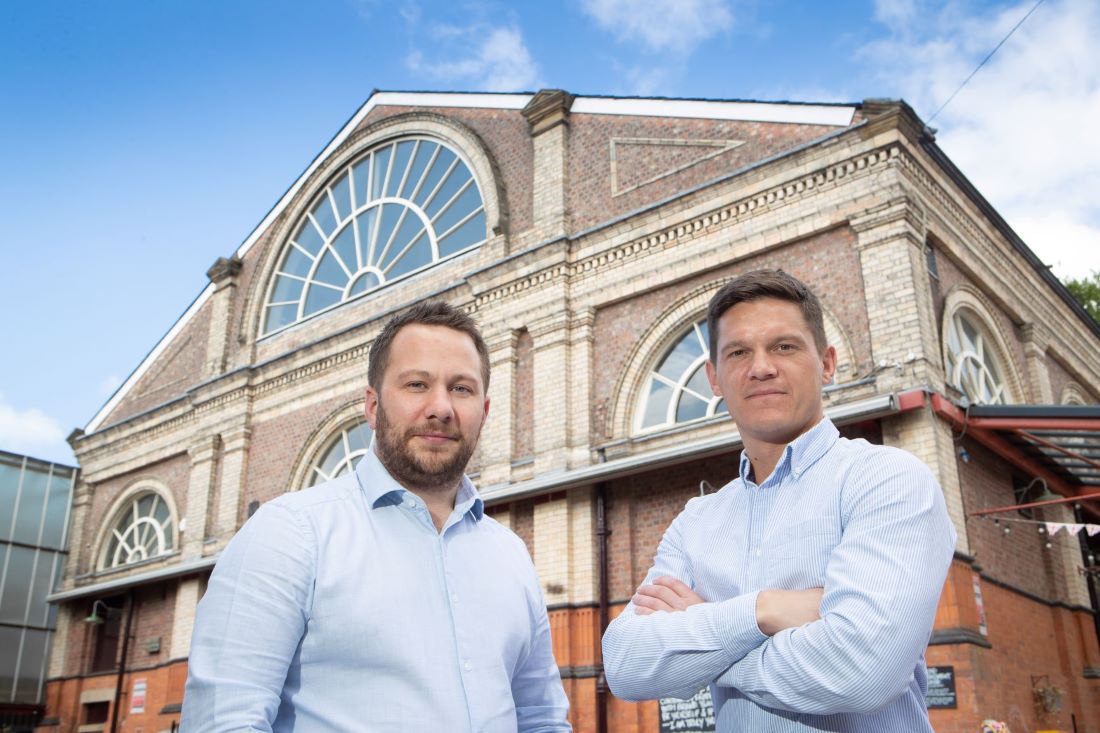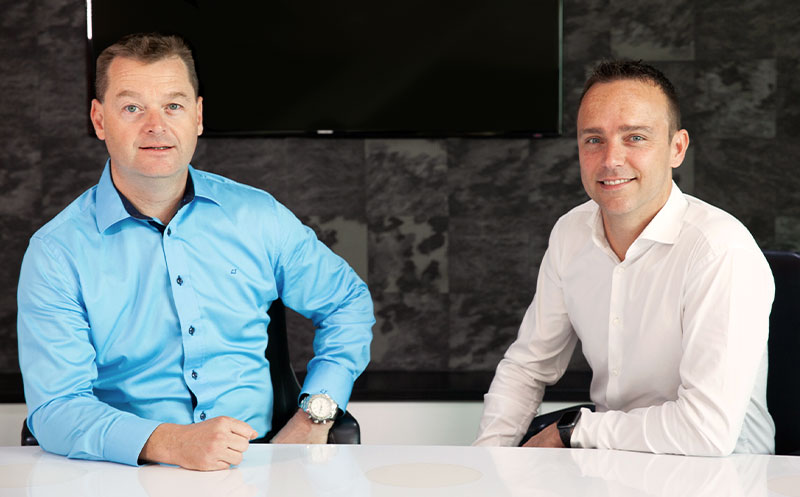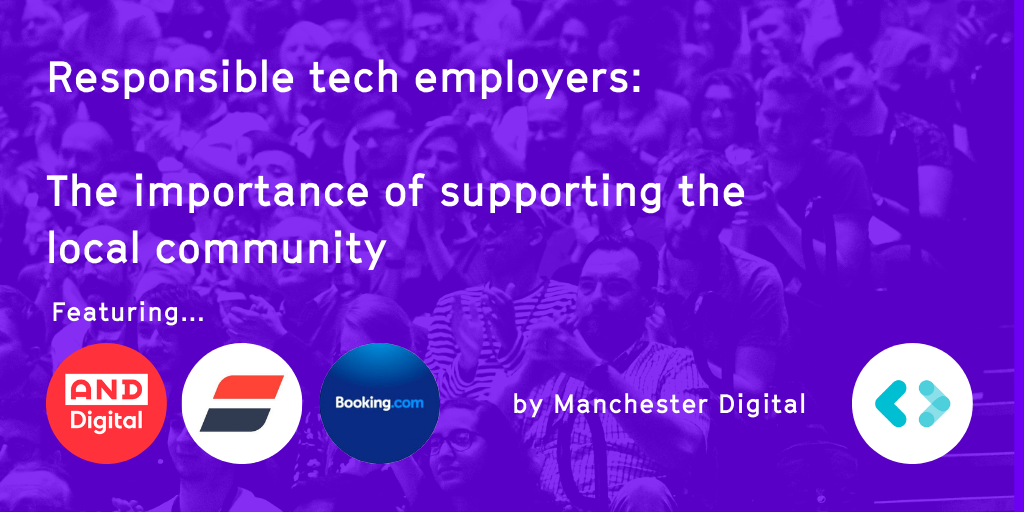
A birdseye view of Manchester City
London is often considered the epicentre for many of the UK’s varying sectors from entertainment to finance. But, when it comes to the tech sector, the North West stronghold of Manchester is arguably a hotbed for talent, startups and established tech firms. In 2019, £181 million of investment was pumped into the city’s tech sector, establishing Manchester as one of Europe’s fastest growing tech clusters!
To spotlight the sheer wealth of varying business, Manchester Digital held their annual Digital Member Conference and Summer Celebration recently, bringing together over 150 people across the industry to discuss, learn and collaborate on today’s issues and challenges facing the sector. Here’s what we learnt.
A turbulent and precarious time for the tech industry
In the introductory talk, led by Manchester Digital’s Katie Gallagher and Alison Ross, a stark picture was painted for the sector. As we’re all aware, the past several years have been incredibly turbulent. The economic picture today is one that continues to reel from the effects of the pandemic as well as soaring inflation, scarcity amongst the talent pool of workers and complications from the war in Ukraine.
With ongoing recruitment and investment slow-down hampering the growth of the sector, we would forgive you if you thought that it was all doom and gloom in the months ahead, but thankfully, we were able to take away some positives. E-Commerce, FinTech and Cyber all did remarkably well during the pandemic and continue to boom – and a practical recommendation to implement career strategies early to win the recruitment battle shows that there are routes out of this turbulence.
AI shares behavioural similarities to that of a crow?!
We know, it sounds left field but hear us out. In a fascinating talk led by Tom Liptrot of Ortom, he notes that artificial intelligence can be described as sharing similar behavioural and cognitive traits to that of a crow when it comes to problem solving.
It really put into perspective what AI’s capabilities are and really helped debunk the myth that the technology can open the door to almost Sci-Fi concepts like self-driving cars. In fact, the AI is no way near capable of achieving such a complex line of decision making. It might be the buzzword at present, but it has a long way to go before it become commonplace across numerous industries.
Businesses need to ensure their websites are accessible
In one of the more poignant talks of the day, Molly Watt and Danny Lancaster of fellow Macclesfield-based Nexer Digital, led a talk that was as insightful as it was reflective. Drawing from personal experience, Molly led us through a talk highlighting the top five common issues when it comes to accessibility on websites. Low contrast text (840,000 websites are guilty culprits of this!), empty links, missing alt text for imagery, a lack of sufficient contrast on a website’s foreground and background; these are just some of the issues that prevent accessibility for those afflicted with a disability. If businesses really want to ensure that their websites are accessible for all, they need to ensure they take a proactive approach to addressing these issues early in their online development cycle.
Leading by example in the age of the mindful shopper
Consumer habits, wants and expectations have evolved considerably in recent years and the shopper of today is just as focused on the values of the companies they purchase from as they are nabbing a bargain. In a talk from Timothy Willis, Head of eCommerce at PushON, we learnt that a whopping 58% of shoppers would stop using a brand if they go outside their values! Not just that, but customers are very aware of ‘greenwashing’ so businesses need to be honest and genuine in their efforts to be sustainable and environmentally friendly. By leading by example and ensuring they are transparent, businesses who are ethically sound will reap the rewards from customers who place their trust in them.
Tech for good, data science – and pets?
Keith Hinder, principal consultant at tech4pets and Roger Zorlu, data scientist at Global Logic, demonstrated how data modelling can be used to help improve animal welfare. With the pandemic increasing the amount of fraudulent activity around the movement of pets across the UK, Global Logic analysed data on countless of ad sites to identify problem sellers online. This looked at everything from the language and imagery used on ads to classify breeds of animals as well as spotting historic trends in seller activity that might point to illegal behaviour and/or animal abuse. This has enabled tech4pets to enrich its data sets and provide better insights to the charities it supports.
Did you know that Skout’s origins were founded in B2B technology – it’s our bread and butter! If you’re looking to learn more about our experience and how we can help you stand out from the crowd, head over to our services page.








